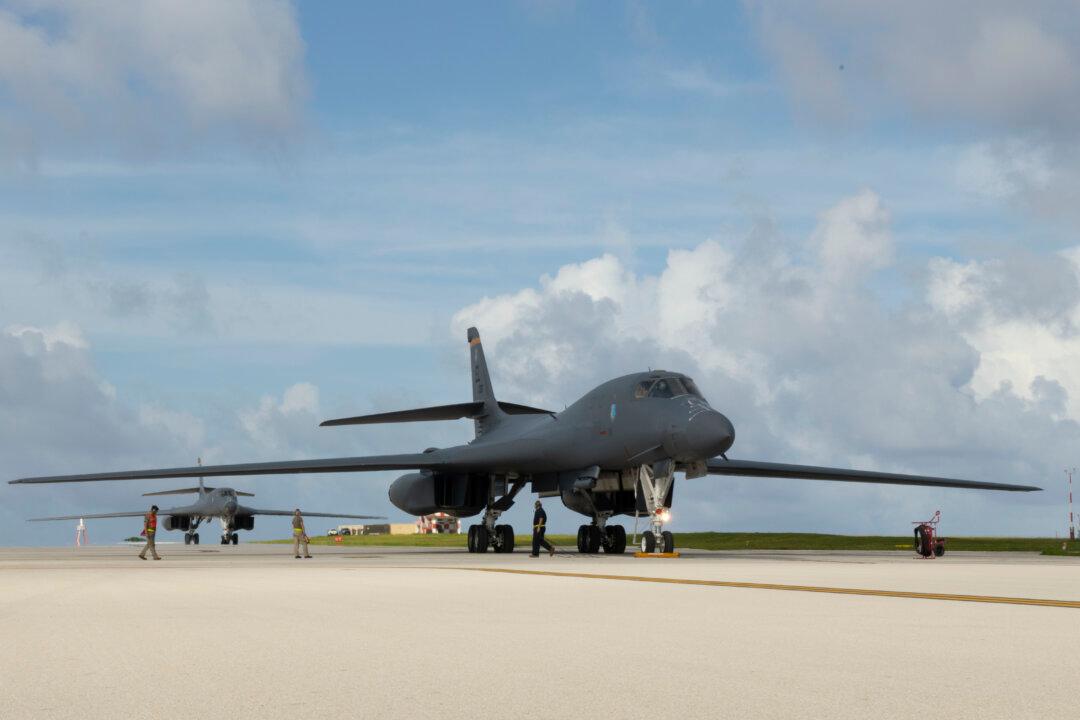Commentary
The crash of a B-1 bomber on approach to Ellsworth Air Force Base was the loss of a high-value airframe, but fortunately, the even more important crew survived.

The crash of a B-1 bomber on approach to Ellsworth Air Force Base was the loss of a high-value airframe, but fortunately, the even more important crew survived.